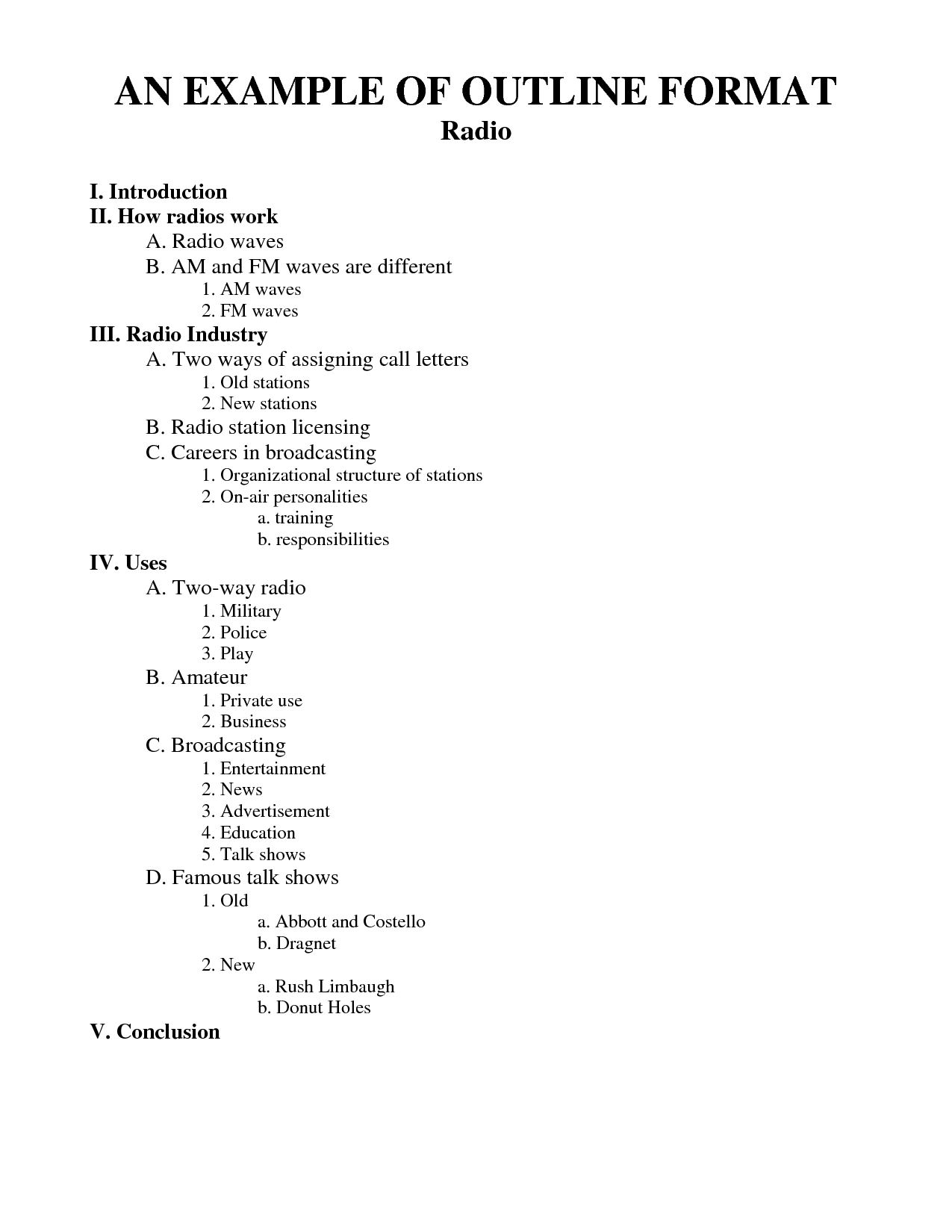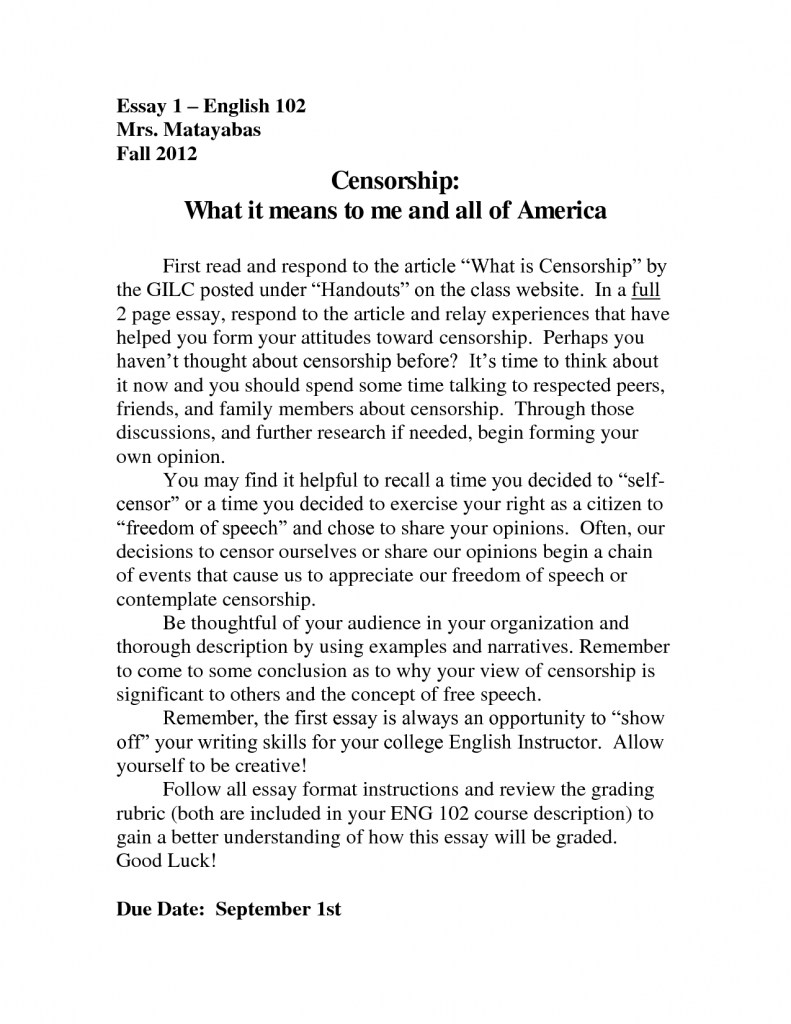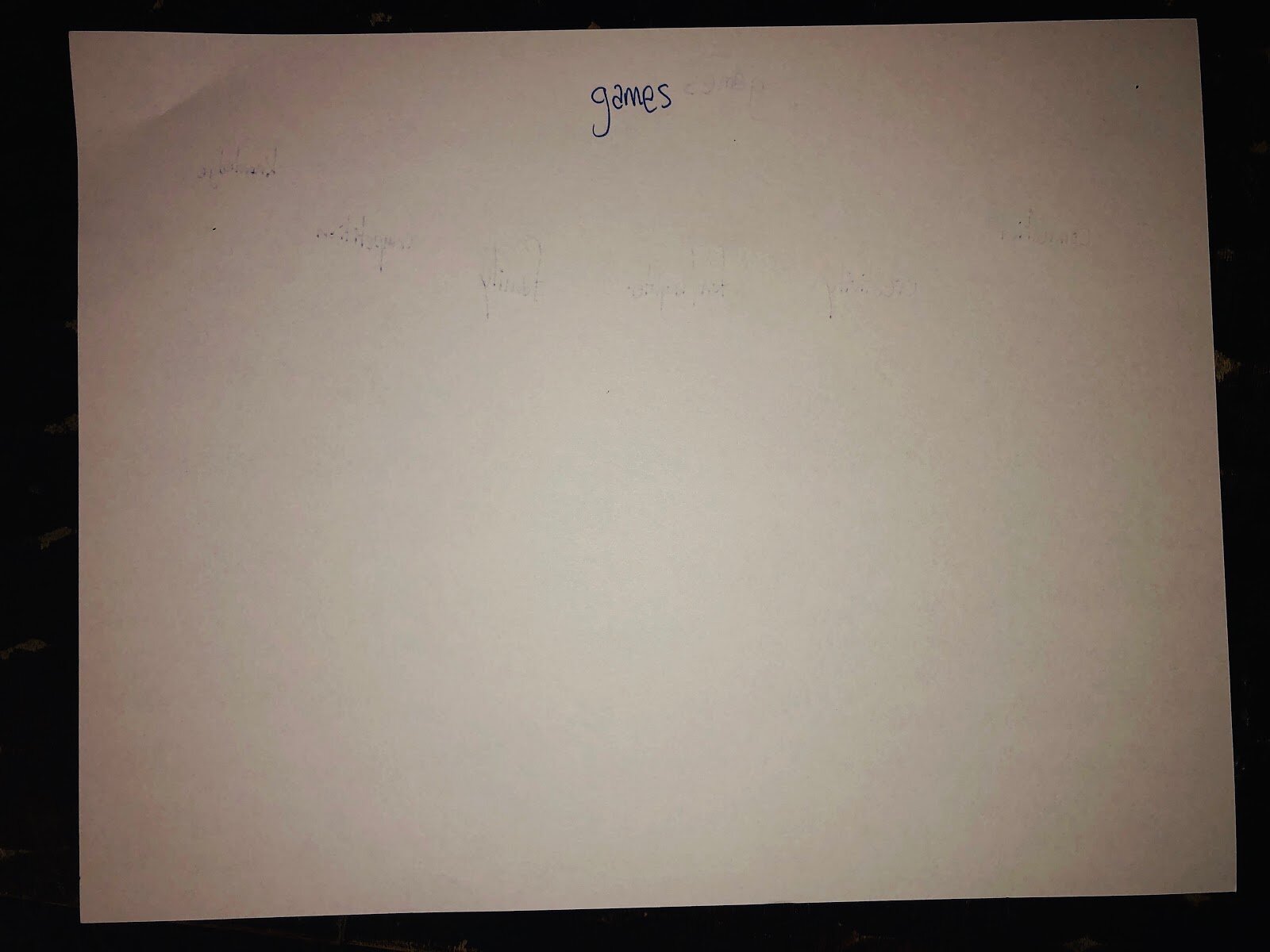
When the work with your thesis statement is done, start to think about your essay organization. Good college research paper example usually has a thesis statement in the first passage, so you may also start your essay with presenting your thesis and then include reliable evidence in the body of your academic paper.
A college paper is one of the common written assignments every student regularly deals with. College papers can include a whole range of written works, but even if you’ve completed dozens of papers in your time as a student, there are still things to learn. Find out how to create a college paper that will impress everyone!
You’ve probably seen one or two college paper samples in your life, but it may have never occured to you that a college paper example can be very helpful for creating your own work. No, we’re not talking about borrowing parts of an example paper or copying it word for word, but having a couple of papers written by other students as a reference can help you avoid some of the most common mistakes.
Finally, if you don’t want to buy anything from college paper writing service, visit our official website to find a great number of college research paper examples there. Just let us be your helping hands!
College Paper Format

Even after you master the art of creating a good outline and use the correct formats for your paper, there is at least one more challenge ahead for you: choosing the topic. The subject of your college paper can make or break your whole work, and you don’t want to risk getting a bad great as the result of a mediocre writing simply because you didn’t make the right choice of a topic. Here are 10 college paper topics that are guaranteed to get you the grade you deserve.
If you study at a college or university and have faced certain difficulties in writing college papers, stop feeling trapped. We have a great expertise in performing college research papers and today we are ready to share some secrets of the 'how to write a college paper' with you!
The most popular way to take advantage of a college paper example is to use it as a template, especially if you’re struggling with all the different format requirements. Plus, writing an outline for your own college paper is much easier if you have something to get your inspiration from. Find some of the best sample college papers on our website!
Correctly formatting your paper is one of the requirements for getting a good grade for your work. Whether you need to format your paper in the APA or MLA style, the general format rules are largely the same. You can always use a template to make sure you closely follow the requirements, or you can use the following guidelines:

Could the mental health challenge be a brief explanation in the Additional Info section? To see if this might work for you, see how briefly you can describe your mental health challenge using factual bullet points. Devote one bullet point to the challenge, another bullet point to what you’ve done about it, and a final bullet point describing briefly what you’ve learned.
Challenge 2: She comes to the U.S. to find safety (a need), which is implied, but instead, she is villainized, which is explicitly stated.
Do I have any other topics I could write on? Are there other interesting parts of myself I’d like to share that could reveal important skills, qualities, and values? Or must I write about this? (Beware the trap discussed earlier of feeling like you must write about a challenge to write a great personal statement—it’s not true! The authors of the “My Laptop Stickers” essay the "Home” essay were students who faced challenges but chose not to write about them.)
How do you stand out? A cliché is all in how you tell the story. So, if you do choose a common topic, work to make uncommon connections (i.e., offer unexpected narrative turns or connections to values), provide uncommon insights (i.e., say stuff we don’t expect you to say) or uncommon language (i.e., phrase things in a way we haven’t heard before).
What Had to Be Done
Fun fact: This essay was written by a student in one of my online courses who, as she shared this version with me, called it a “super rough draft.”
In Montage Structure, story events connect thematically.
Here’s a behind-the-scenes look at how the author wrote this essay so you can figure out how to write yours:
And before you beg me for an “uncommon values” resource, I implore you to use your brilliant brain to dream up these connections. Plus, you aren’t looking for uncommon values in general

No one makes a better editor than the person grading your essay. So you should always check whether your professor or TA will review a draft of your paper before the due date. Ask if they have a policy about reading drafts––or at least ask if they’ll read your first paragraph, which will make or break your grade.
There’s no secret formula to writing a perfect paper right before the deadline. Writing a great paper takes time, so you need to start early.
Did you lose points because you didn’t follow the proper citation style? Correct it next time. Was your argument unclear? Put an extra hour into honing your argument on the second paper. Whatever you missed this time, learn from it, so you don’t lose more points on the next assignment.
Most colleges have a no plagiarism policy. That means if your professor finds out you plagiarized, you could get an automatic zero on the assignment, or even in the class. You could get suspended from school or even expelled.
It’s Finally Time To Write
The argument, or thesis statement, is the most important sentence in your paper. That one sentence lays out your answer to the essay prompt and sets up your body paragraphs. So it has to be great.
Your English professor wants you to emphasize narrative styles, while your art history professor cares about technique. Your history professor wants quotes from the reading, while your psychology professor expects you to summarize (and cite!) the sources. One professor might knock off points for using in-line citation, while another hates footnotes. Even professors in the same department might want completely different essays.
The biggest mistake students make in papers is never revising––in fact, most students don’t even proofread. Professors notice sloppy mistakes like grammatical errors and typos, and it automatically weakens your grade. It tells the professor you didn’t take the assignment seriously enough to leave time for revisions.
So don’t cut corners when it comes to the assigned reading. In fact, read with an essay question in mind––look for the quotes that you’ll use to build your argument now, and it will be much easier to build your evidence list later.

For her essay, Eva decides to use the compressed narrative structure to tell the story of how she tried and failed to report on the closing of a historic movie theater:
Everyone has their own writing process. Maybe you feel more comfortable sitting down and writing the whole draft from beginning to end in one go. Maybe you jump around, writing a little bit here and a little there. It's okay to have sections you know won't work or to skip over things you think you'll need to include later.
Want to write the perfect college application essay? Get professional help from PrepScholar.
Also consider whether some of the prompts are similar enough that you could submit the same essay to multiple schools. Doing so can save you some time and let you focus on a few really great essays rather than a lot of mediocre ones.
Example: Eva's Essay Plan
No one writes a perfect first draft. No matter how much you might want to be done after writing a first draft—you must take the time to edit. Thinking critically about your essay and rewriting as needed is a vital part of writing a great college essay.
Both of them are asking the same basic question (e.g. "how do you interact with people who are different from you?" or "what was an important experience and why?"), or
It gets trickier if you're applying to any schools that aren't on the Common App. You'll need to look up the essay requirements for each college—what's required should be clear on the application itself, or you can look under the "how to apply" section of the school's website.
Even though she's only applying to four schools, Eva has a lot to do: two essays for UW, four for the UC application, and one for the Common App (or the Coalition App), plus the supplements for Reed and Emory. Many students will have fewer requirements to complete, but those who are applying to very selective schools or a number of schools on different applications will have as many or even more responses to write.

Use databases provided by your university library’s website that match the genre you’re writing about. If it’s a history paper, be sure to use a historical database. Same for political science, english, or any other subject.
The last portion of Citing you need to think about is your works cited or bibliography page. This has all your sources in one place, in the format you’re using.
Your introduction and conclusion should be short. Most professors don’t want a lot of information in those two sections, and prefer instead that you put the bulk of your essay into the main sections.
Getting a clear idea of your sections and what they’re about is how you create the most effective thesis.
Research Example
Your conclusion is merely a summary of what you spoke about in your paper. Do not include new information in your conclusion! Doing so takes away from what the paper was really about and confuses the reader.
Your works cited page will go at the end of your essay, after your conclusion, on a separate page. Not including one means you are plagiarizing , so make sure you don’t forget it!
An important part of citing is including parenthetical citations, AKA citing after a quote or paraphrased section.
